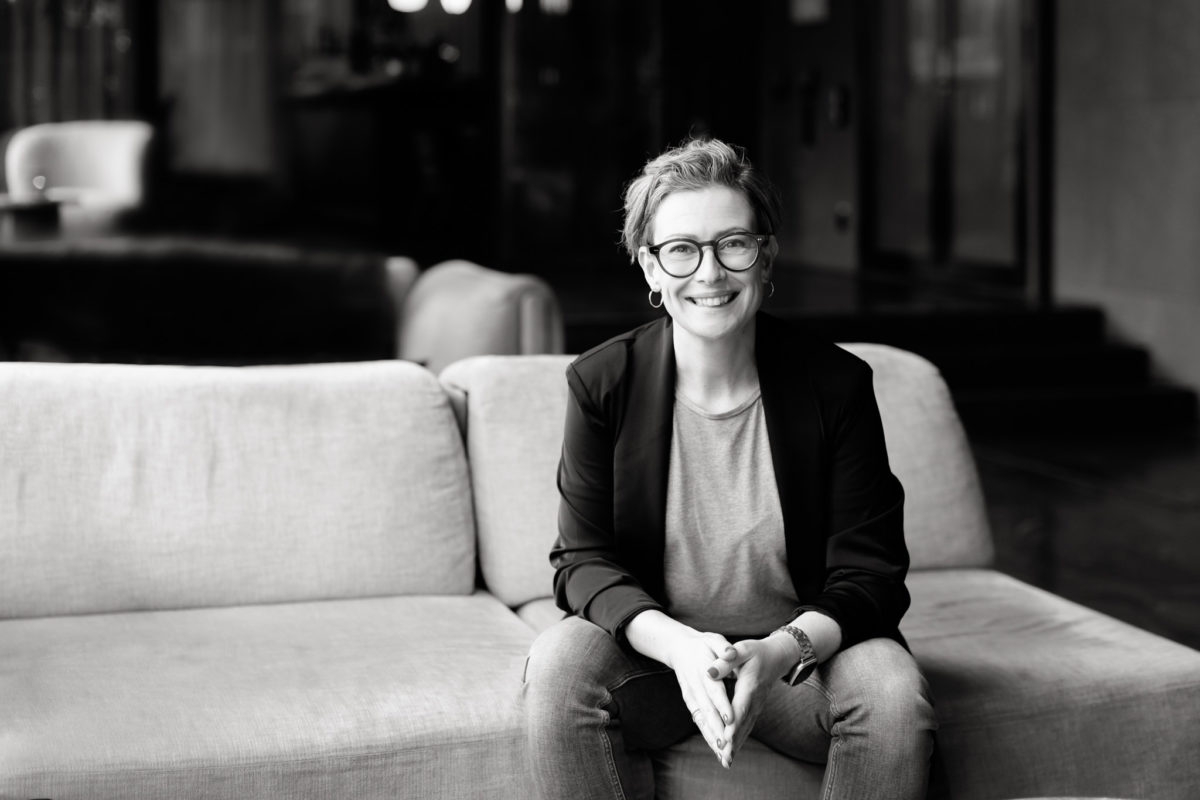 “How we spend our days is, of course, how we spend our lives. What we do with this hour, and that one, is what we are doing. A schedule defends from chaos and whim. It is a net for catching days.” — Annie Dillard
“How we spend our days is, of course, how we spend our lives. What we do with this hour, and that one, is what we are doing. A schedule defends from chaos and whim. It is a net for catching days.” — Annie Dillard
I had to read that quote a couple of times before I really understood the meaning of it. ‘It is a net catching days’. That is both such a beautifully poetic and scarily dark at the same time.
When you think about it, if we spend our whole lives constantly doing, planning, worrying, working, chasing (I can think of too many action filled verbs), are we actually living our lives or just managing them?
I moved to Rome, Italy when I was 19. I was stunned by the Romans love for the good life and talent for just being, enjoying and indulging. (Along with their double-parking skills). However exotic I found the culture, I was often frustrated with the 30 minutes it often took to say goodbye to friends outside the restaurant, or the four-hour lunches at someone’s parents.
My Scandinavian individualism, punctuality and love for schedules often clashed with my warm, social and sometimes chaotic group of friends.
Now, I’m the first to admit that my five-year plans in excel or my habit of setting 100-day goals at any new job has taken me further than my 19-year old self could have imagined. It has allowed me to work and live in four countries, meet fascinating people and learn the most unexpected things about myself and the world.
But a few years ago I started asking myself if this need for individual success and purpose, this constant scheduling and planning is really keeping us from living our lives.
We of course need both ebb and flow – without hunger and drive to achieve we would miss out on a lot of great experience and personal growth. But at what point do we turn on this doing-autopilot and stop appreciating the now? And however painful the answer might be, we sometimes need to stop and ask ourselves:
Is our constant ‘doing’ keeping us from ‘being’?
Just think back to the best conversations you’ve had with a friend. Or those Friday drinks with colleagues who ended in a crazy all-nighter (in my case often at the Piano Bar in London). Or perhaps playing hide and seek with a 3-years old (they are really rubbish at this game). – What do these experiences have in common?
-
-
- They were not planned.
- They were not likely part of your 3-months objectives.
- They were spent with people close to you.
-
Although the pandemic is certainly not helping with the spontaneity and social interactions, try experimenting with a less rigid schedule, less obsession with productivity and the mentality of constant doing. Try instead doing what you feel like once in a while and make sure you stop to appreciate it. When the urge to write that to-do list comes again, and it will, ask yourself:
-
-
- What do you fear will happen if you stop ‘doing’?
- What do you think will happen to your life if you relax the grip on that proverbial stick?
- Who are you ‘doing’ these things for and will they thank you for it at your funeral?
-
If we turned off the ‘doing-autopilot’ for a while and thought about what is really important, what we really want more of in our lives, I bet our days would look very different.
